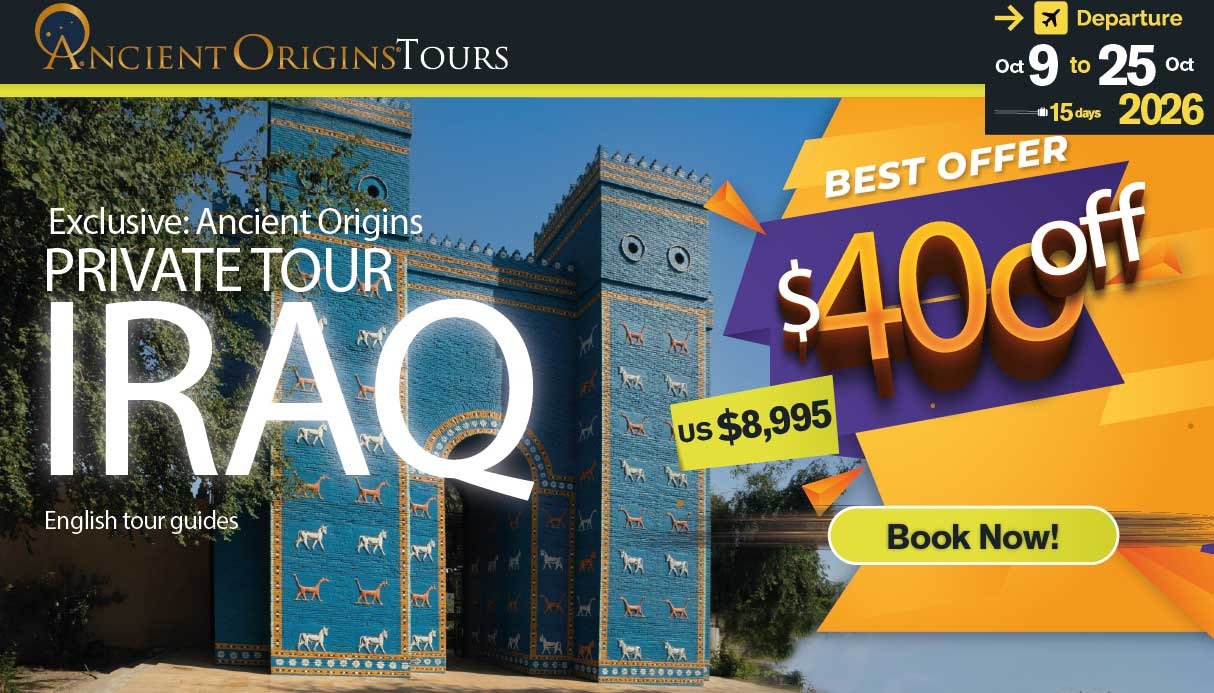Embark on a once-in-a-lifetime journey through the cradle of civilization with the Epic Iraq Tour—now elevated by the rare and soul-stirring inclusion of the Yazidi Festival. This transformative adventure weaves together the echoes of ancient empires, the mystique of sacred landscapes, and deeply personal cultural encounters few outsiders ever experience.
From the lively, labyrinthine souks of Baghdad to the quiet majesty of Kurdistan’s mountain valleys, travel across a land where history was written in clay tablets, where prophets once walked, and where myth still whispers through stone and shadow. At the heart of this journey lies the sacred valley of Lalish—the spiritual epicenter of the Yazidi people—where you will witness one of their most profound and colorful annual festivals.
Here, among candlelit shrines, ancient hymns, and joyful rituals, you’ll gain rare insight into one of the world’s oldest and most resilient faiths—misunderstood by many, yet rich in symbolism, tradition, and strength. This is more than a tour; it’s a deeply human exploration of heritage, identity, and spirit.
THE SPLENDOURS
OF ANCIENT IRAQ
 Explore the mysteries of Iraq on an exclusive 15-days, 14-nights tour in Oct 2026 hosted by Ancient Origins’ Dr. Willem McLoud. Everyone booked on this tour will receive a booklet with articles by experts to the archaeological sites to be visited in Iraq.
Explore the mysteries of Iraq on an exclusive 15-days, 14-nights tour in Oct 2026 hosted by Ancient Origins’ Dr. Willem McLoud. Everyone booked on this tour will receive a booklet with articles by experts to the archaeological sites to be visited in Iraq.
Dr. Willem McLoud… is an independent scholar with a keen interest in ancient Middle Eastern and Mediterranean studies, whose research of and writing about the ancient world stretch over more than three decades.
Willem’s main areas of study pertaining to the ancient Middle East are the Sumerian and Akkadian civilizations, with special focus on the Uruk and Akkadian Periods in Mesopotamian history. The legends and myths associated with these great heroic ages of the ancient Middle East is a great passion of his. As part of his research and writing projects, he has led many a research tour to the Middle East as well as the Black Sea and Mediterranean regions, visiting countries such as Egypt, Israel, Jordan, Lebanon, Turkey, Greece, Italy, Bahrain, Iran, Armenia, Georgia, Ukraine, Romania, and Bulgaria to name but a few.
He is best known for The Nephilim trilogy (2021-2023). Visit his author’s blog on the Ancient Origins Website as well as his academic profile on the Academia.edu platform.

Places to be visited: Uruk • Lagash • Nippure & Borsippa • Al-Ukhaider & Babylon • Samarra, • Ctesiphon & Wasit • Iraq Museum & Selusia • Abassid Palace • Bab alwastani & Aqargouf, Ashur & Hatra • Nineveh • Nimrud- Khorsabad • Citadel & Bazaar
A local tour guide will provide background history and news on the latest archaeological developments on the sites to be visited, supplemented by your on-site Ancient Origins hostess Dr. Micki Pistorius.
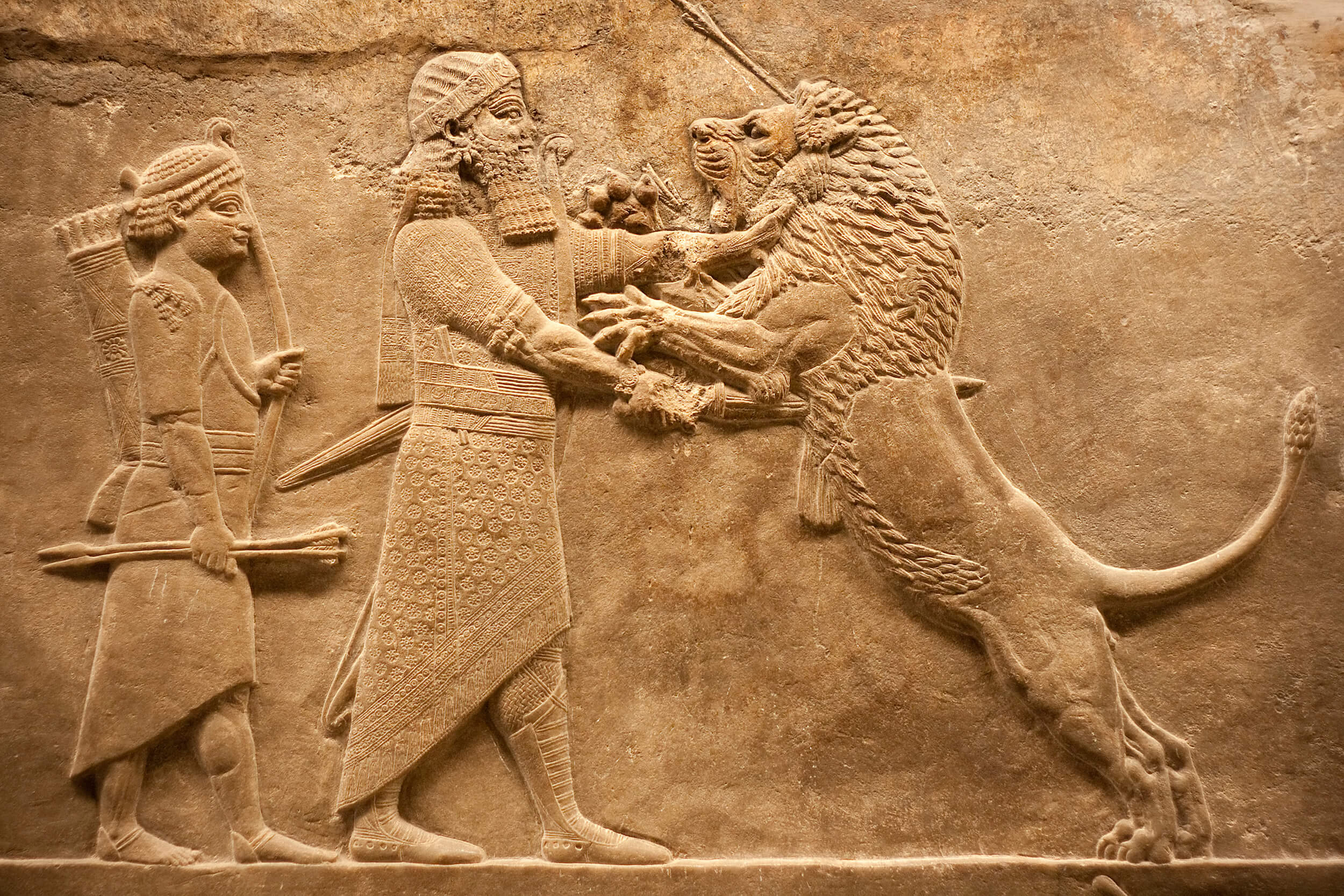
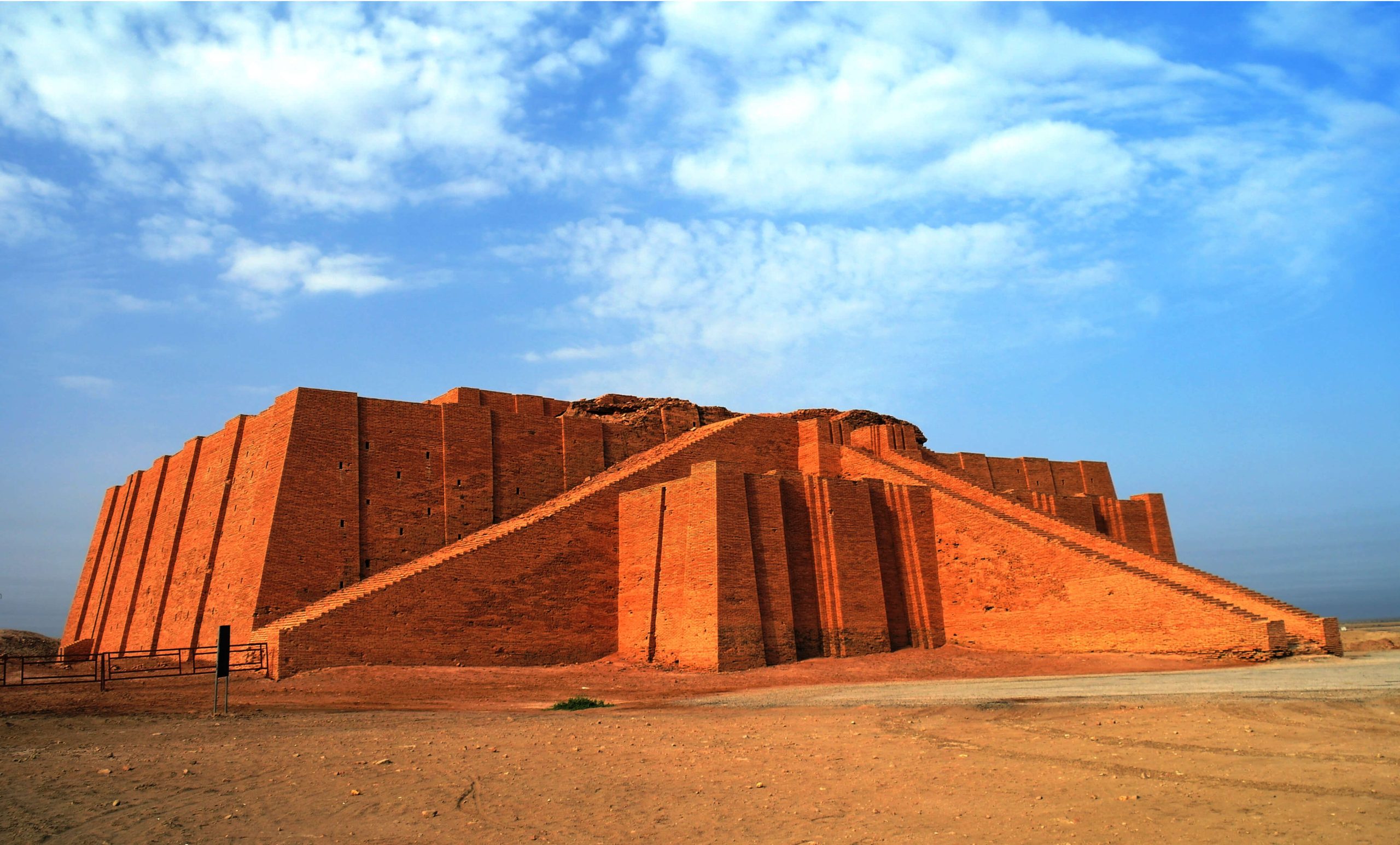

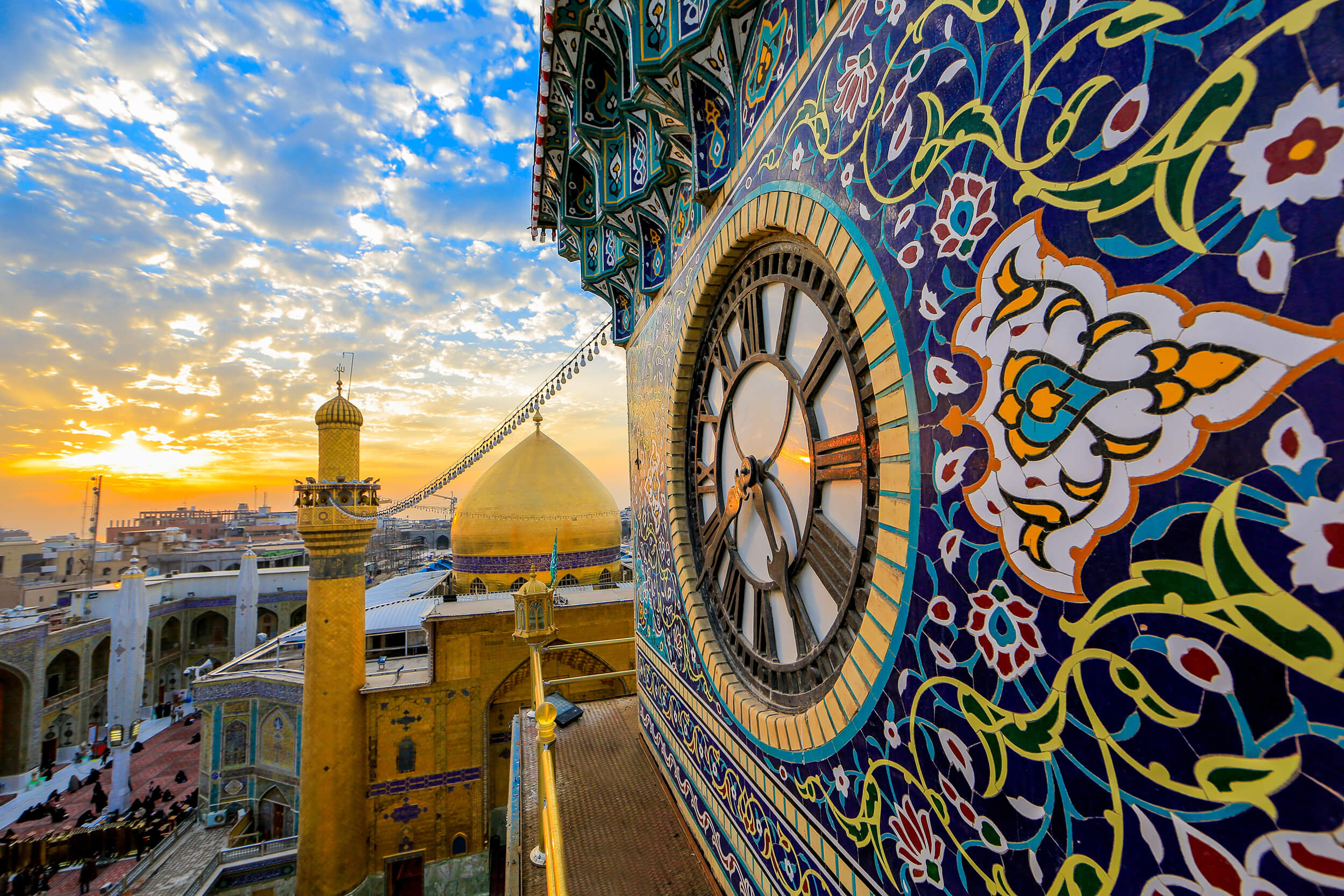
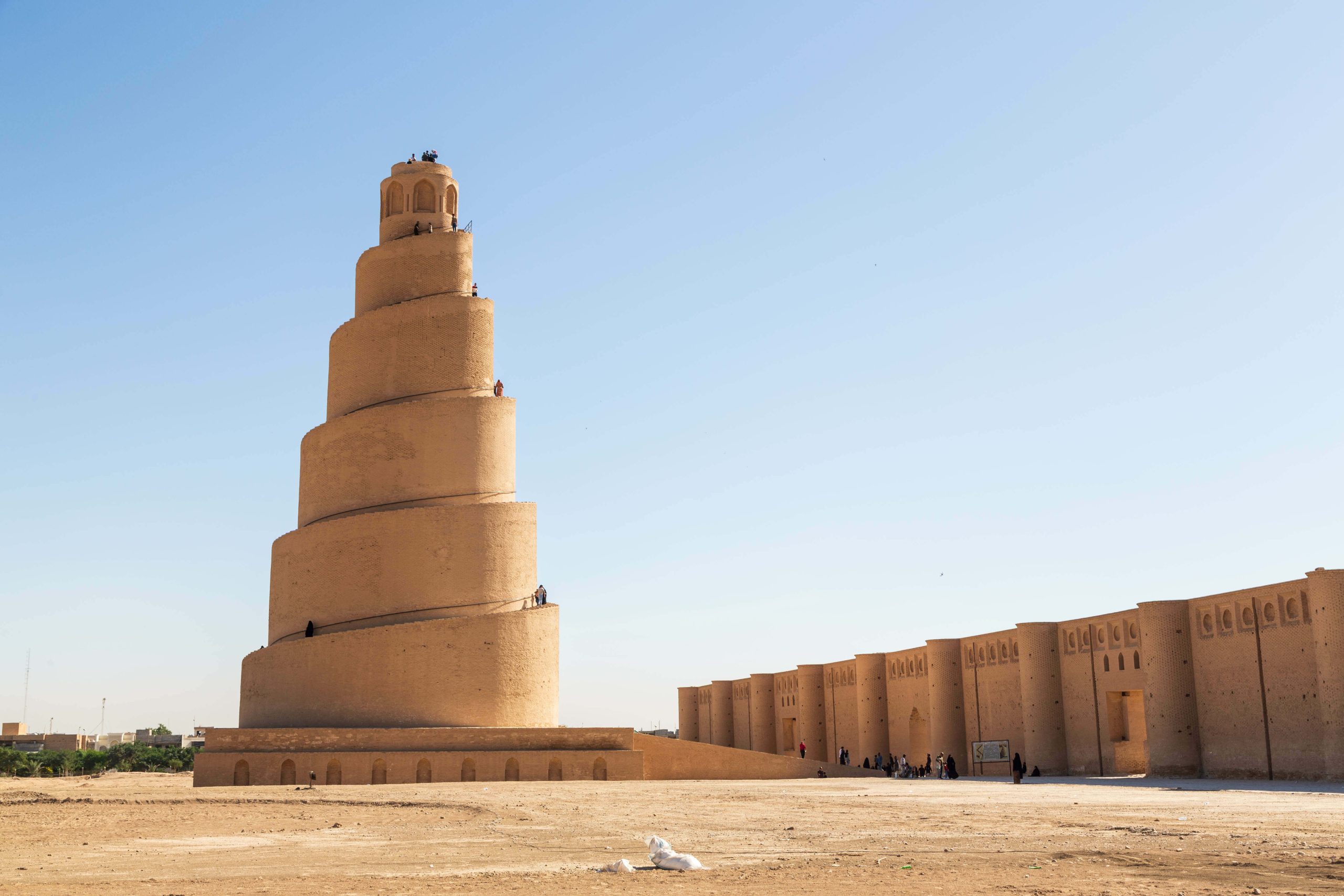
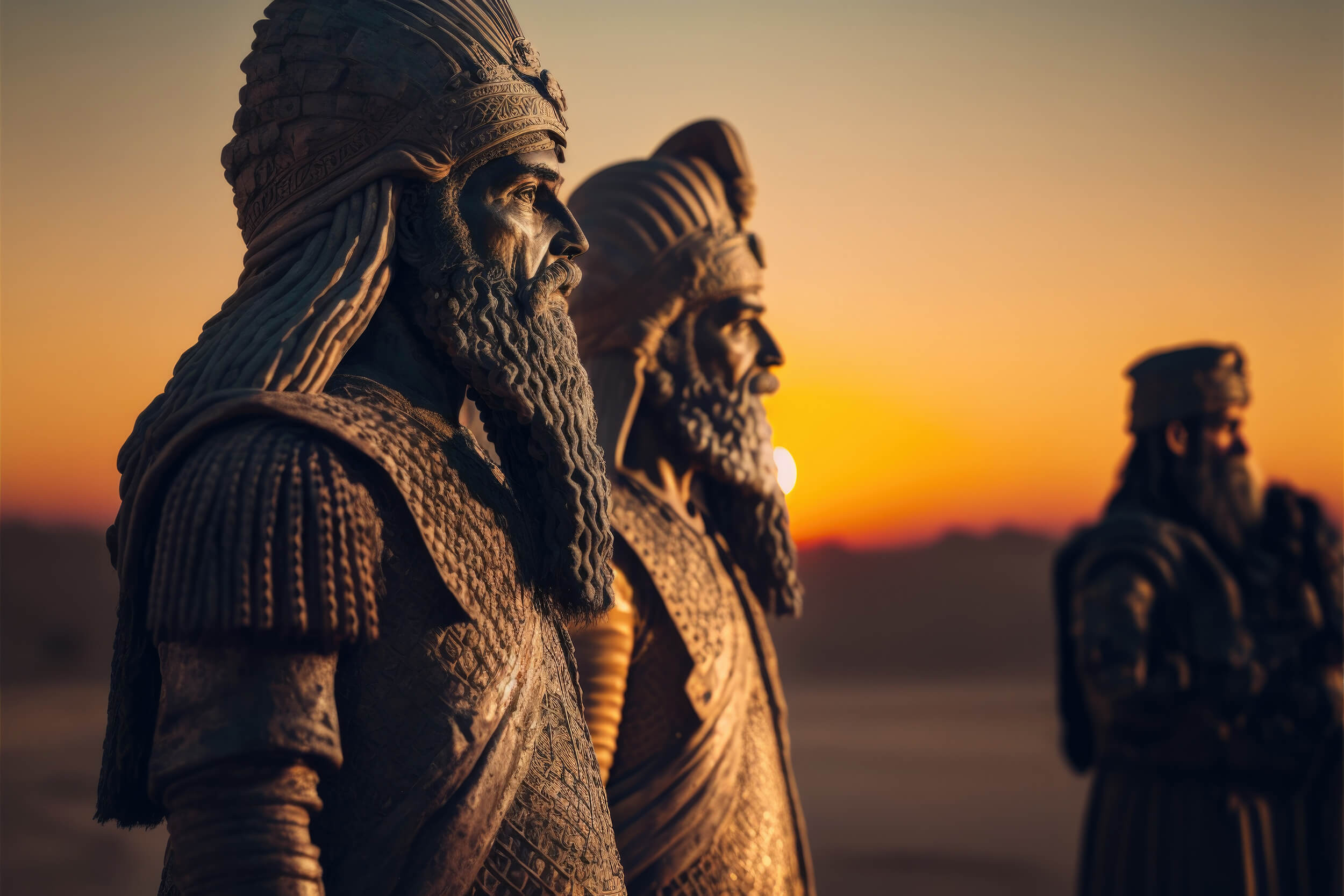
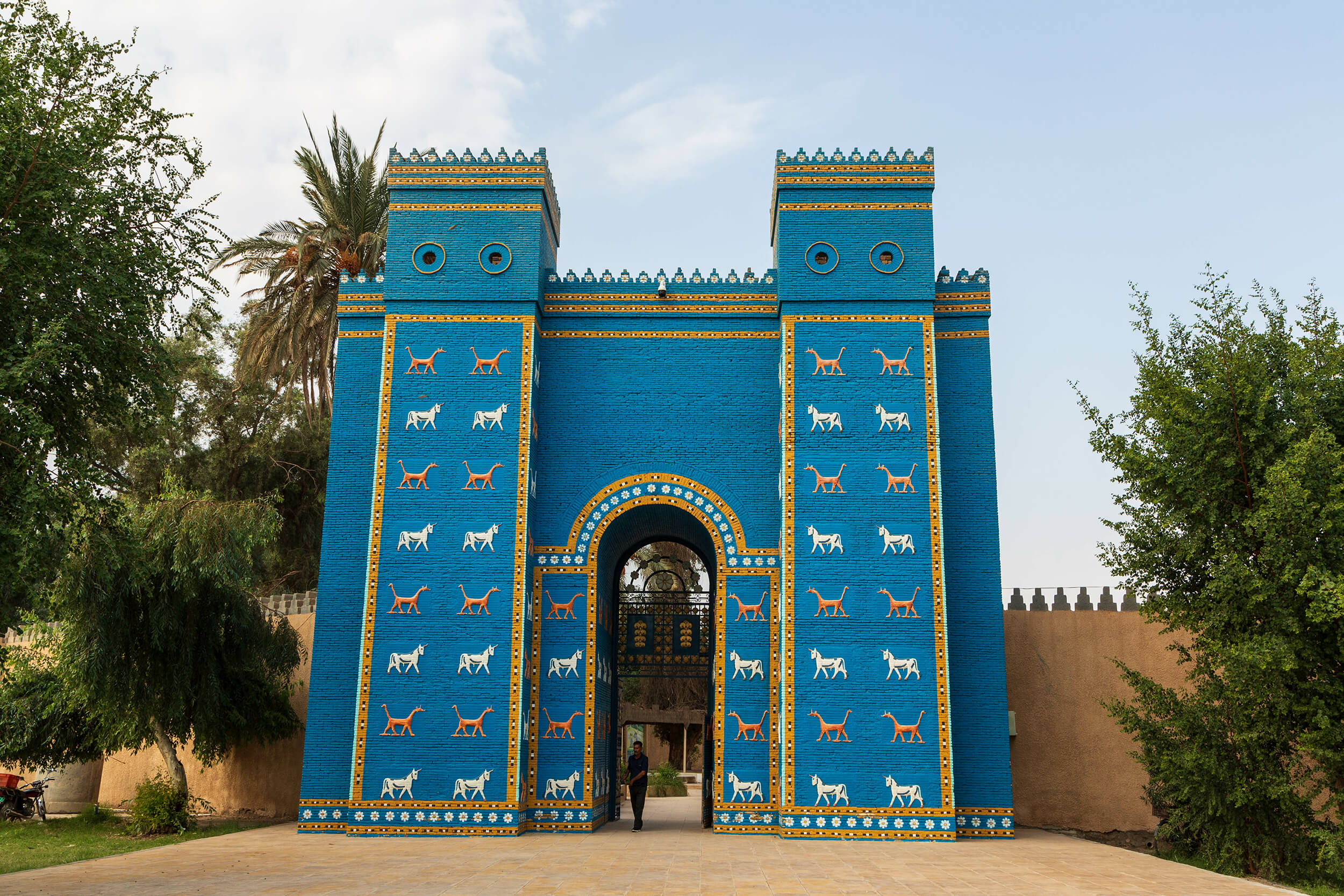
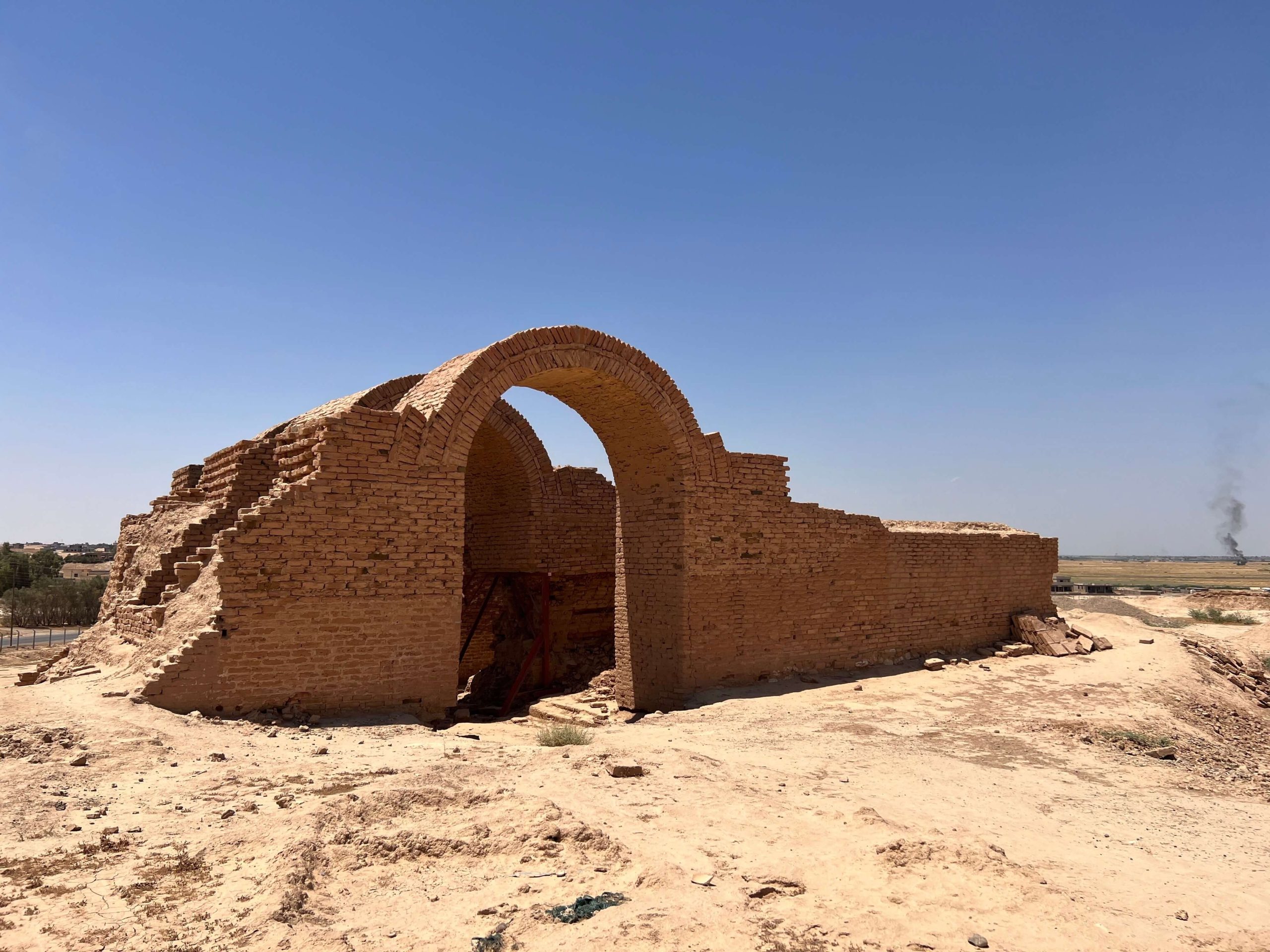
Register your details to hold your place on this exclusive tour. To secure your place a deposit payment of US$750 per person is required within 48 hours of completing the form. Payment details are noted at the end of the form.
Travel with peace of mind, knowing that your payments are 100% financially protected in case any of our suppliers become insolvent, in which case you would receive a full refund..

ANCIENT ORIGINS TOUR OF IRAQ 9 Oct – 25 Oct 2026
15 DAYS/14 NIGHTS
MEETING PLACE BASARA INTERNATIONAL AIRPORT
Clients will have a private transfer from basra airport to the hotel, irrespective of arrival date and time. At the end of the tour, clients will also be transferred privately to Basra Airport. Where clients arrival times are close to each other, then the transfer will be on a shared basis.
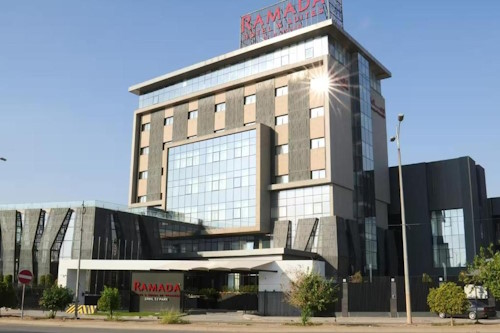
Note: Standard check-in time is 2:00 pm. if you arrive on October 08 or early morning of October 09, an extra Hotel night needs to be booked.
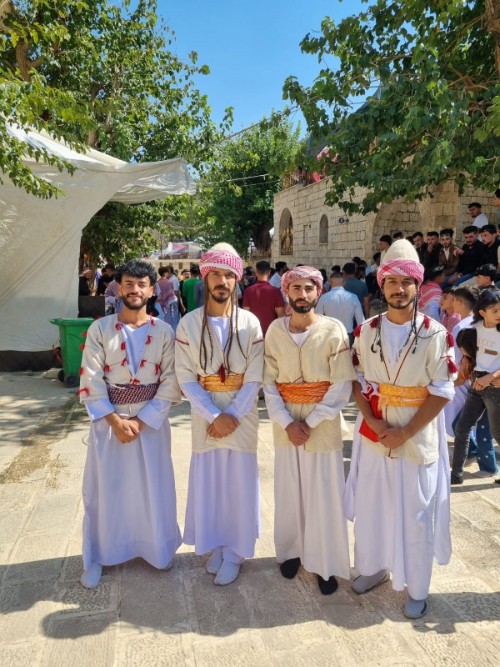
Note: When visiting Lalish, shoes are not allowed; you should wear socks.
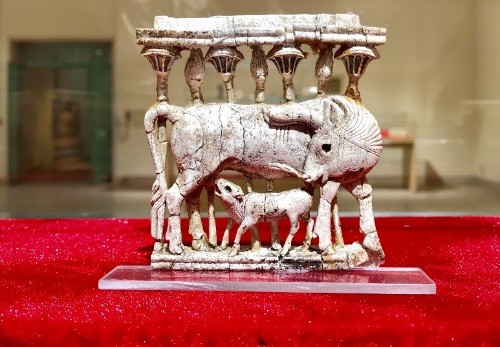
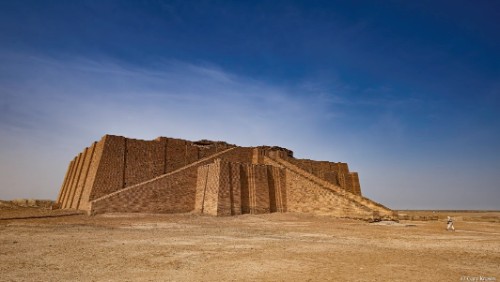
Continue to Ziggurat of Ur. Its architectural characteristics are similar to the Tower of Babel mentioned in the Bible, and there are towers of a temple complex dedicated to the lunar god Nanna. Tour the archeological city of Ur, believed to be the birthplace of prophet, Abraham. Continue to Nasiriya and transfer to Sumerian Hotel or similar for check-in, dinner and overnight. (B,L,D)
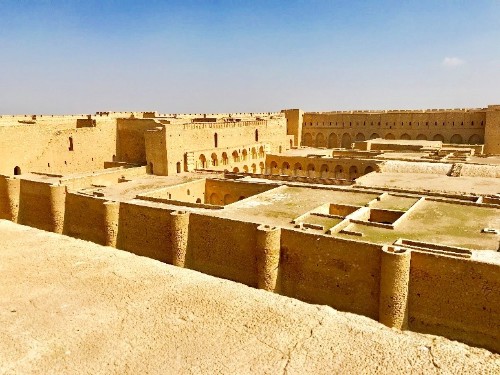
Archaeologically, the site is divided into six parts, the É-Anna ziggurat ‘Egipar-imin, the É-Anna enclosure (Zingel), the Anu-Antum temple complex, BitRes and Anu-ziggurat, Irigal, the South Building, Parthian structures including the Gareus-temple, and the Multiple Apse building, and the “Gilgameš” city-wall with associated Sinkâsid Palace and the Seleucid Bit Akîtu. Return to the Hotel for dinner and overnight. (B,L,D)
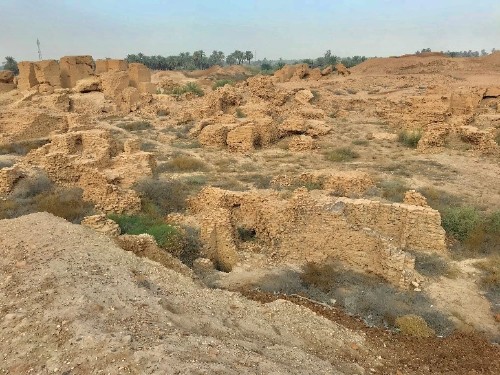
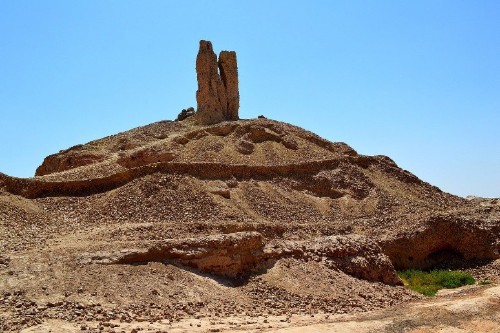
Enjoy lunch, and then Continue to visit Kish in Tell alUhaymir (1hr. 14 min.), an archeological site in central Iraq dating back to the Sumerian civilization. Explore the remains of the ancient city, including the Ziggurat, the largest structure on the site. Kish was an important center of trade and religion during the Sumerian period, and its remains provide valuable insights into civilization. Transfer to Baron Hotel for check-in, dinner and overnight. (B,L,D)
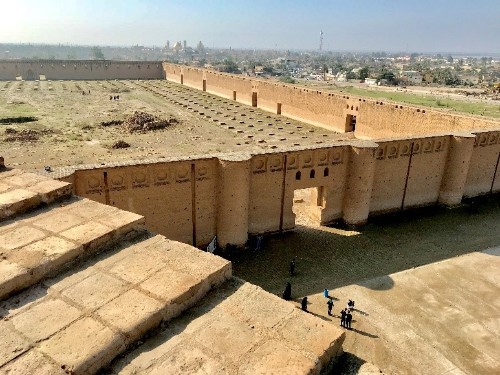
After Lunch, continue to Birs Nimrud, an important ancient city of Sumer, built on both sides of a lake about 11 miles southwest of Babylon on the east bank of the Euphrates. The Ziggurat is today one of the most vividly identifiable surviving ones, identified in the later Arabic culture with the Tower of Babel. However, modern scholarship concludes that the Babylonian builders of the Ziggurat in reality erected it as a religious edifice in honour of the local god Nabu, called the “son” of Babylon’s Marduk. Upon arrival in Baghdad, transfer to Noorland Hotel for check-in. Dinner at a nearby restaurant then return to the Hotel for overnight. (B,L,D)
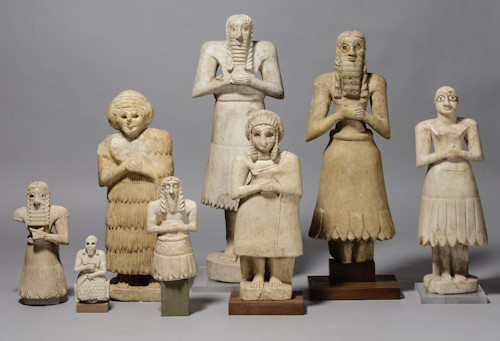
Drive back to Baghdad stopping en route at Bab alWastani, also known as “Bab Khorasan”, one of ancient Baghdad gates and is the only remaining gate today. The site was restored and can be overlooked from the Muhammad al-Qassim Highway. At the same time, the surrounding graves, and mosques which date back to Abbasid era, known as AlWardiyya Cemetery, were uprooted in order to build the infrastructure for tourism surrounding the gate.
Continue to Ctesiphon, an ancient city located on the eastern bank of the Tigris River in modern-day Iraq. The city was founded in the 3rd century BCE and served as the capital of the Parthian Empire and later as the capital of the Sassanian Empire. Ctesiphon was known for its impressive architecture, including the Taq Kasra arch, one of the largest single-span arches in the world, which served as the main entrance to the royal palace. The city was also an important center of trade and commerce, with a strategic location on the Silk Road connecting the East and West. Today, the ruins of Ctesiphon are a popular tourist destination, and the site has been recognized as a UNESCO World Heritage Site. However, the ongoing conflict in Iraq has posed a threat to the preservation of the site, and efforts are being made to protect and conserve the cultural heritage of this important historical city. Return to the hotel for dinner and overnight. (B,L,D)
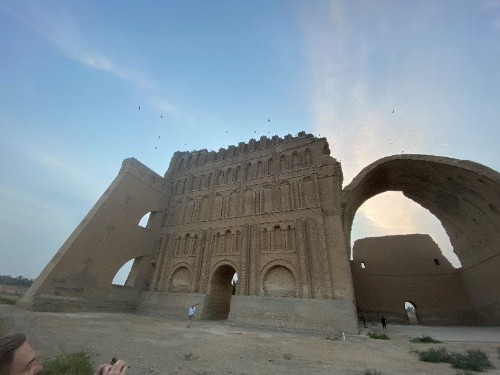
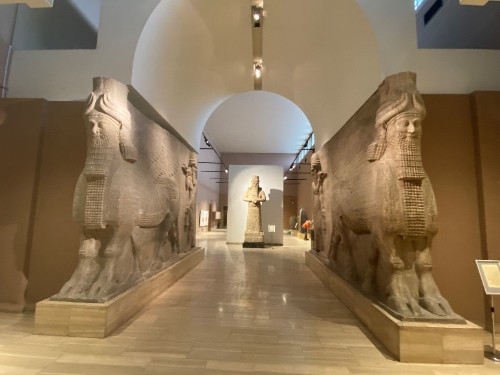
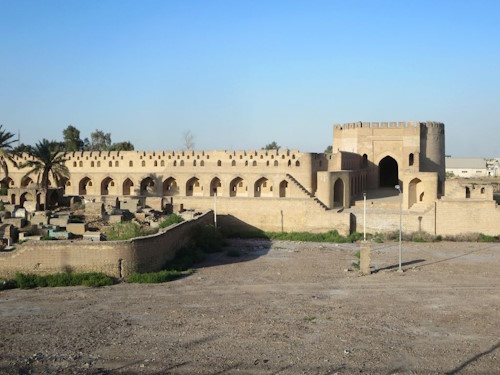
Continue to visit the Copper market, one of the country’s oldest and most famous markets, dating back to the Abbasid era. The market is known for its copper goods, including pots, plates, trays, lamps, other decorative items, and other handicrafts and souvenirs. Explore the narrow alleys and stalls of the market, haggling with vendors and admiring the beautiful and intricate copper wares on display.
Also, visit Mutanabbi Street, known as the intellectual and cultural center of the city. Named after the famous 10th-century Iraqi poet Abu al-Tayyib alMutanabbi, the street has been home to many booksellers, publishers, and intellectuals for decades. The street features many bookshops, cafes, and galleries, where visitors can browse various books on various subjects, including literature, poetry, history, politics, and religion. The street is also home to many street performers, including musicians, artists, and storytellers, who entertain visitors with their talents. Return to the Hotel for dinner and overnight. (B,L,D)
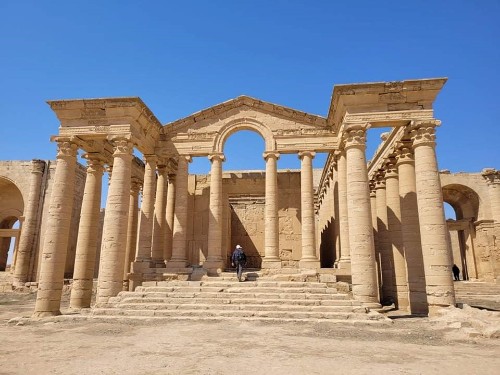
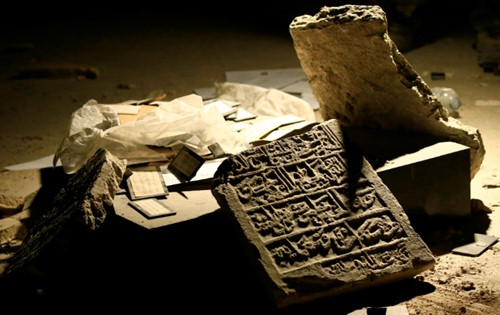
Continue to visit to Nimrud, an ancient Assyrian city founded in the 13th century BC and became an important center of the Assyrian empire. The city was known for its impressive architecture and monumental art and was home to several important buildings, including the Palace of Ashurnasirpal II and the Temple of Ishtar. Return to the Hotel for dinner and overnight. (B,L,D)
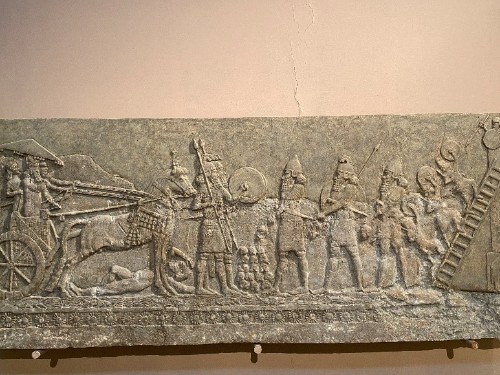
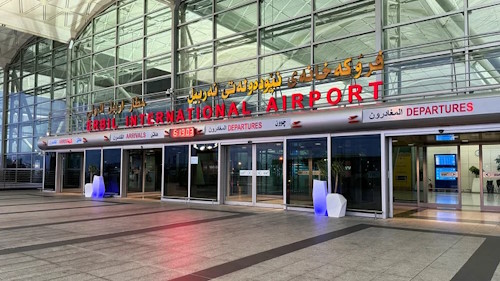
“We reserve the right to change the order of activities/visits or sites due to unexpected events such as flight cancellations or changes of schedule, or any other reasons beyond our control. We will do our best to ensure that any necessary changes when/if needed to meet the needs of our clients”.

ANCIENT ORIGINS TOUR OF IRAQ 9 OCT – 25 OCT 2026
15 DAYS/14 NIGHTS
Price per person based on double occupancy: US$8,995
Please note prices are based on a single person sharing a room with another tour guest
Single occupancy supplement: US$895
BASIC TOUR DEPOSIT US$750
Price is based on a minimum of 8 participants and a maximum of 12 participants
* Travel with peace of mind, knowing that your payments are 100% financially protected in case any of our suppliers become insolvent, in which case you would receive a full refund.
INFORMATION
FOR TRAVELLING
TO IRAQ
EXPECTATIONS
& FLEXIBILITY
US$750 PER PERSON
& REFUNDS
- Cancellations must be received in writing and will be processed according to the date the written notice is received. Although a verbal cancellation is appreciated, it will not be accepted as final notice. Departure is defined as the date of the first flight from travellers country, or the trip departure date as indicated on our Trip Schedule, whichever comes first.
Money will be refunded minus the following cancellation fees/penalties per person (unless different for a particular trip, then the special cancellation schedule of that trip will apply):
– From time of booking up to 90 days prior to departure US$500.00 per person
– 89-60 days prior to departure US$750.00 per person
– 59-31 days prior to departure 75% of total land cost
– 30-0 days prior to departure No refund - Aside from the above penalties, any additional penalties on airline tickets imposed by the airlines- in cases of cancellation or date changes after issuance of tickets – will be totally charged to the traveler. In addition, any costs involved in obtaining visas will also be collected from the traveler and cannot be reimbursed by Ancient Origins or its suppliers.
- Hotel rooms booked on our tours are run of The House (ROH), any special rooms with views or upper floors will entail a supplement that clients will be responsible to cover.
PERSON INCLUDES
- Airport/Hotel/Airport transfers.
- Accommodation at mentioned hotels or similar in centrally located area.
- Meals as per the itinerary (B: Breakfast, L: Lunch and D: Dinner).
- Travel by private modern & air-conditioned car.
- 4-wheel drive for the Eridu, Tell Al Ubaid & Larsa visits.
- Mineral water in vehicle during tours.
- Entrance fees to all mentioned sites and museums mentioned.
- All activities as described in the tour.
- English Speaking guide.
- Gratuities to guide, drivers, and porters.(based on the required minimum number)
PERSON EXCLUDES
- International airfare USA – Erbil – USA.
- Visas: Kurdish visa (currently obtainable upon arrival for approx. $77.00-to be paid in cash and Iraqi visa is an e-visa $160 – subject to change).
- Items of personal nature (camera fees at sites, laundry, excess luggage, etc.).
- Beverages or any alcoholic drinks with or without meals and any meals not mentioned.
- Transfers if not arriving/departing on tour dates.
- Dayroom/overnights necessitated by changes in airline schedules or misconnections.
- Surcharge if the number did not reach the minimum required number
- Travel protection insurance. (Highly recommended).


